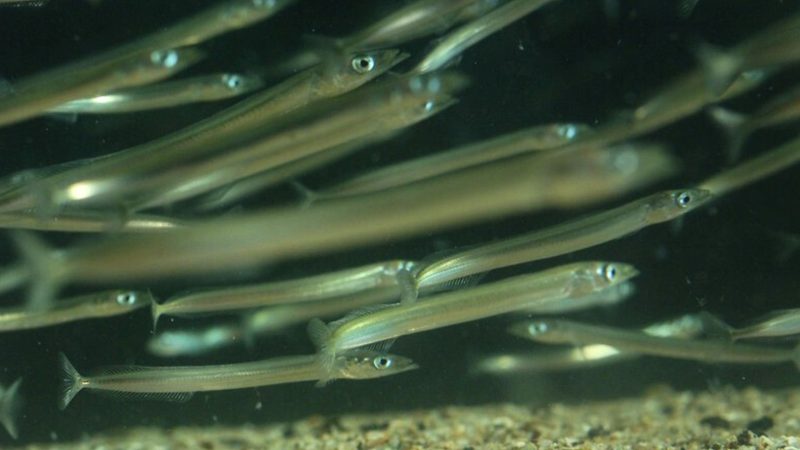Great white sharks separated into three distinct population groups up to 200,000 years ago and continue to mix only within these separate groups.
A new clam species has been discovered in South Africa’s kelp forest, and a new study shows that even the deepest seafloors are affected by the weather.
Researchers are restoring the Caribbean’s sea urchins which gobble up the algae smothering coral reefs…but why?
Fisheries
Many are on the hunt for mackerel, including the Icelandic fleet who are heading Southeast as fishing slumps in home waters.
The European Commission has published a comprehensive report detailing the implementation of technical measures aimed at safeguarding fisheries resources and marine ecosystems. Europêche has welcomed the ‘Lithuanian Long Distance Fisheries Association’ to its membership, and the European Committee on Fisheries elects its new chair and vice-chairs.
The WTO’s General Council meeting in Geneva in July failed to finalize a treaty to stop ‘harmful’ fishing subsidies that enable unsustainable fishing, hindered by India’s objections.
The Norwegian government has announced restrictions on Russian fishing vessels, and Peruvian bills could imperil marine biodiversity and artisanal fishing, says experts. The Scottish Fishermen’s Federation had a roundtable at Westminster last week to discuss their priorities.
More than half of consumers in the UK now recognise the MSC blue ecolabel.
British Overseas Territories
The UK’s response to Hurricane Beryl could help turn the tide for small islands.
The Falkland Islands Government has officially concluded the search and recovery efforts for the missing crew members of the fishing vessel FV Argos Georgia.
A tanker carrying jet fuel for Israel must not dock in Gibraltar, say MPs. A sperm whale has been killed in a collision with a vessel in the busy Strait of Gibraltar.
In the Cayman Islands, open letters are urging MPs to take action on climate change. UK Speaker of the House of Commons Sir Lindsay Hoyle will make his first official visit to the Cayman Islands next week.
Conservation
Scientists are using new technology to help endangered animals by listening to their sounds. Innovative measures are needed to alleviate seabird mortalities in trawl fisheries.
New research in Thailand reveals that consumption of shark fin has declined by more than one-third since 2017, yet high demand still persists.
Commercially important marine fish and invertebrate species will likely shift northwards under a warmer climate.
Marine Protection
Marine Protected Areas (MPAs) are having an increasing spillover effect, producing more ‘trophy-size’ fish, and the effect is growing stronger over time. There’s never been more momentum for ocean conservation.
Climate Crisis
Record heat risks bleaching 73% of the world’s coral reefs: Reconsidering and rescaling the predictions is essential. As the global oceans warm, scientists predict that fishes around the world will get smaller. Extreme heat is killing more than 175,000 people a year in Europe.
The UK government’s recent announcement of a seabed land deal to boost windfarm development, facilitated by the Crown Estate, has stirred a mixture of views. The Energy secretary seeks to reestablish UK as a global leader on the climate crisis. Some are fearing that goals to stop the decline of nature and clean up the air and water in England are slipping out of reach. The Scottish Government’s carbon capture plan relies on the UK’s support.
A study has found that North Sea oil and gas extraction can cause pollution to spike by more than 10,000% within half a kilometre around off-shore sites. Meanwhile, conservationists are looking for a new way to fight oil pipelines in Mexico.
New research reveals that deep-ocean currents will weaken in a warming climate.
Facing up to the climate reality could help us fight it.
Aquaculture
There is a warning over loch’s shellfish after findings that there are raised levels of toxins.
The Icelandic salmon company, Arctic Fish, is using underwater cameras fitted with artificial intelligence to study salmon in their pens.
Misc
Who will get the top job which decides the future of deep-sea mining? A majority of polled Europeans oppose it.
Is that glass bottle of orange juice better for the plant than a plastic one?
The number of plastic bags found on UK beaches are down by 80% since the charge was introduced.


















